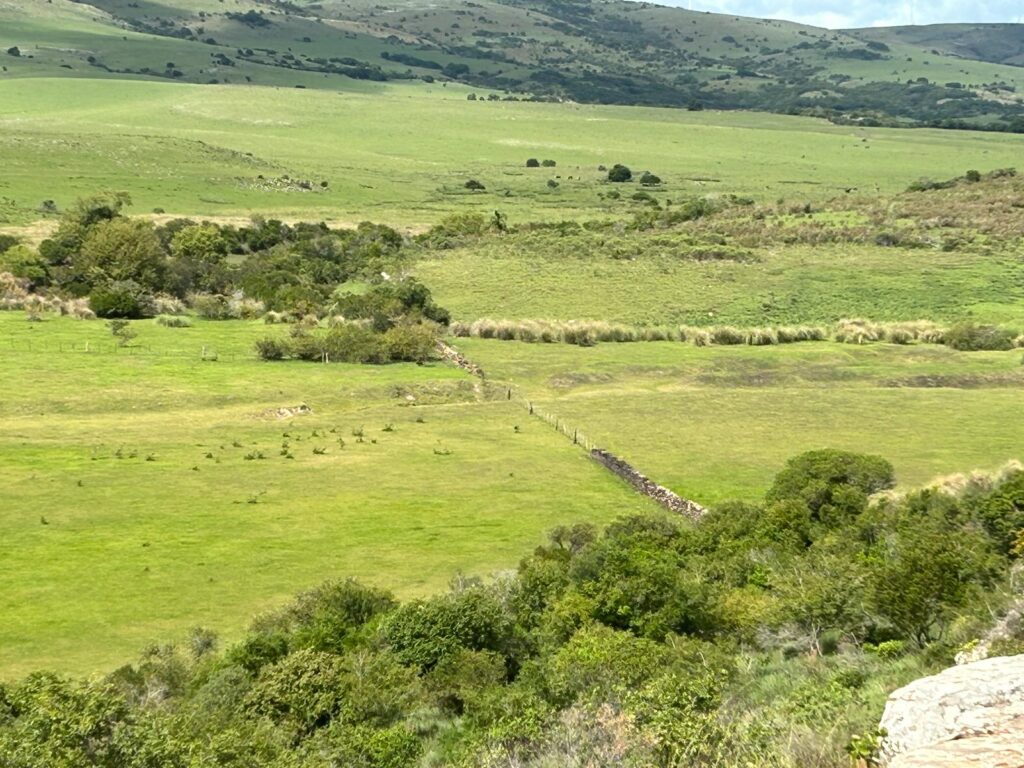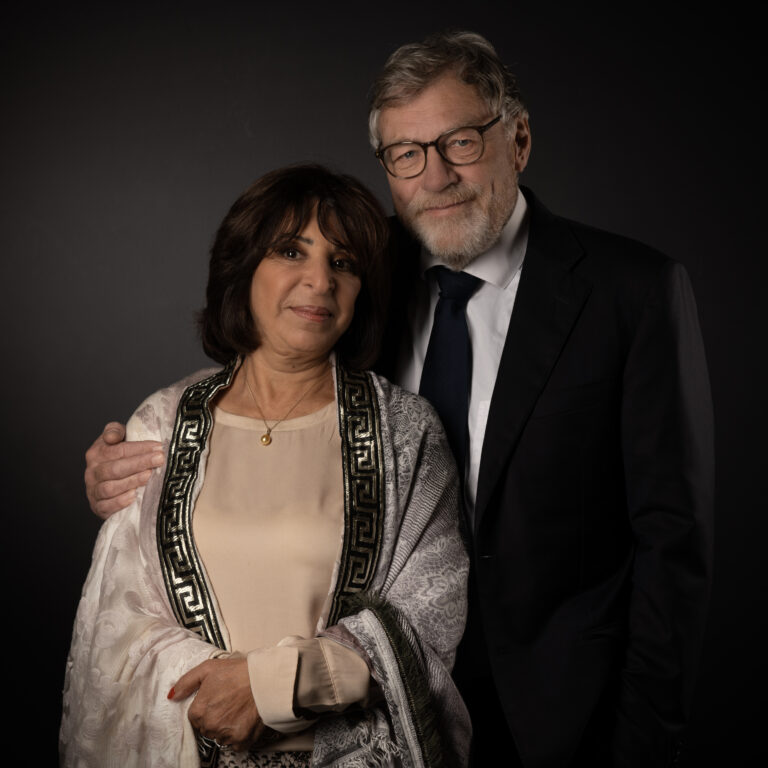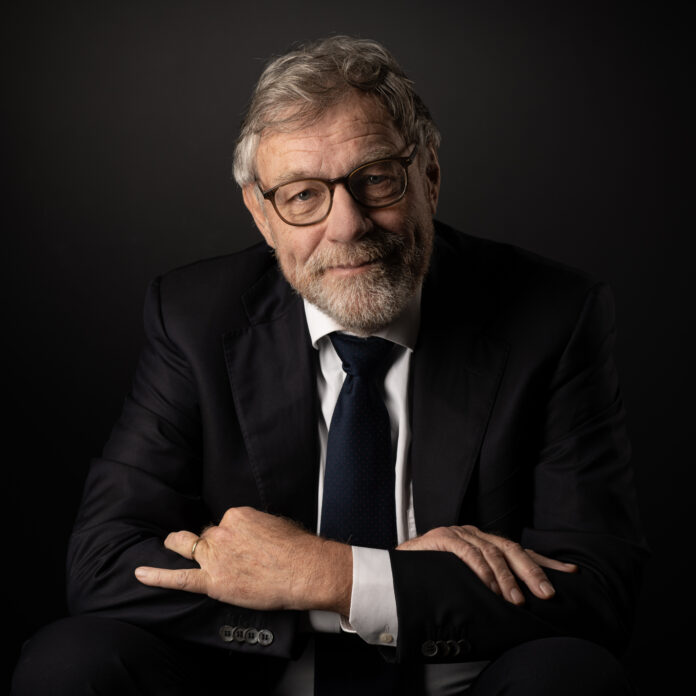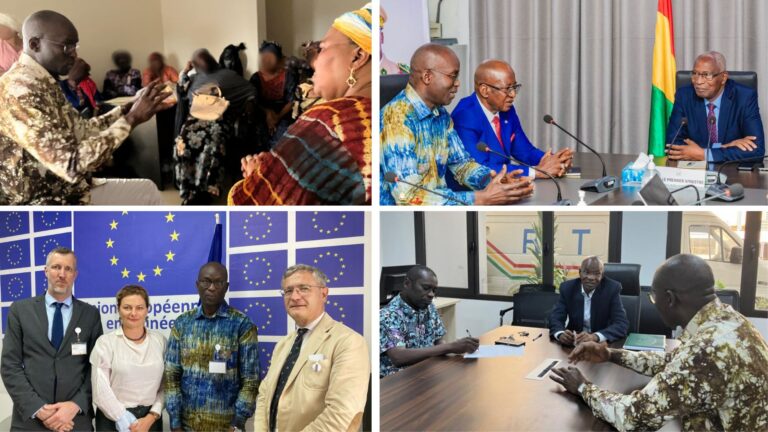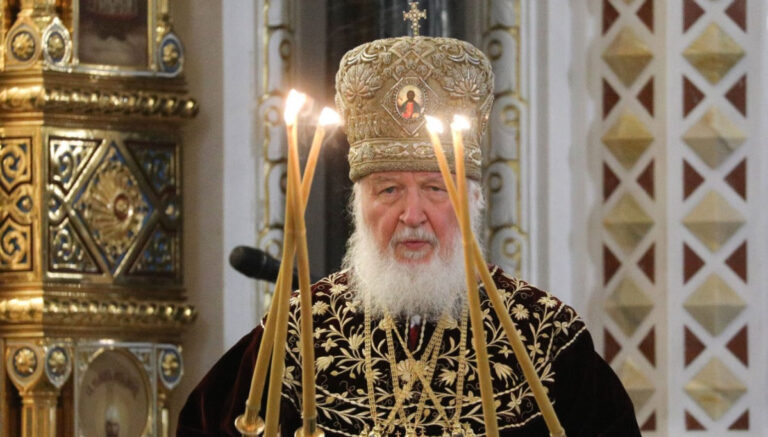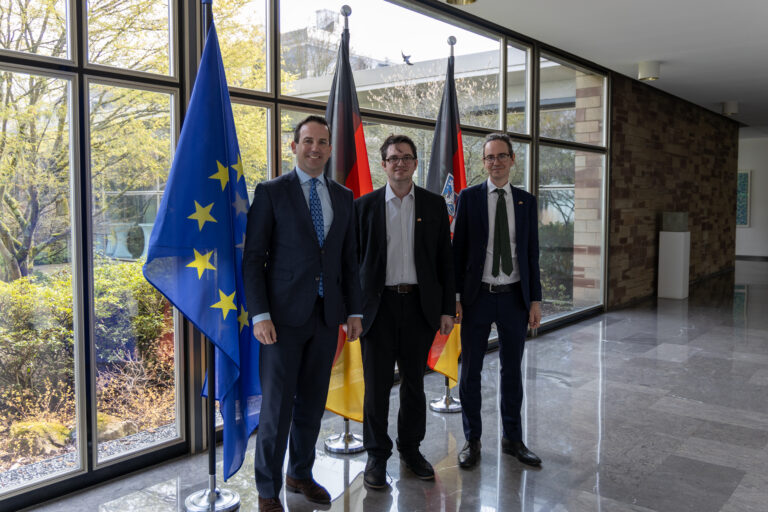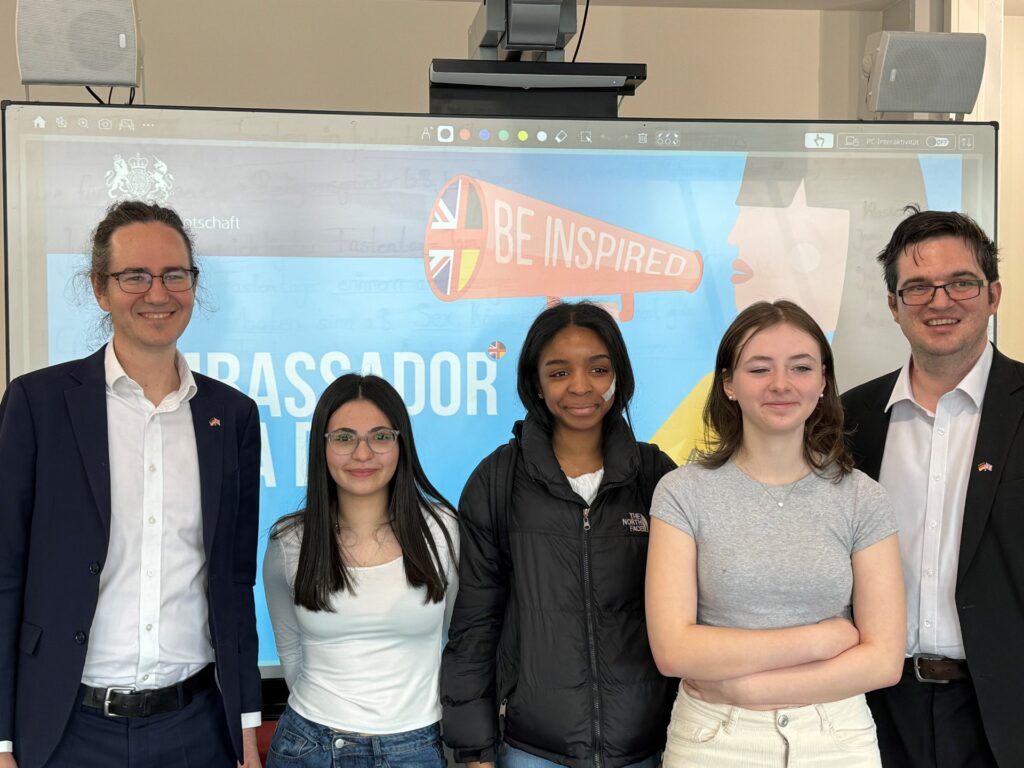By Alexandra Paucescu
In the diplomatic world, it is not uncommon for partners of diplomats to leave their jobs behind to travel the world and pursue new opportunities, sometimes even new career paths. There are only a few cases in which both partners can continue their initial careers and develop professionally unhindered. When it comes to diplomats, these happy cases are even rarer.
Sonja Gebauer, now Head of Press and Protocol Department and Political Counsellor at the Embassy of the Federal Republic of Germany in Bucharest, is one of them. Married to a career diplomat, she had the chance to see the diplomatic world from two different perspectives: as a diplomat herself and as a diplomatic spouse.
‘Both my husband and I always had the chance to work together at the German Embassy during our postings abroad. And I am very grateful to the Federal Foreign Office that they are supportive of couples being posted together which is, of course, not always easy to organize. I consider it a great privilege to represent my country as a diplomat abroad, thereby contributing to foster the relations of Germany with our many partners in the world. I joined the German diplomatic service more than 25 years ago and one thing that fascinated me from the beginning was that I was able to get to know new people, explore new countries and dive into different cultures. Having a Master in Political Sciences I am interested in international politics and even after such a long time being a diplomat is the most rewarding job I can imagine. I had the chance to live in New York, Tel Aviv, Tokyo, Bangkok and now in Bucharest and I can say that each of these postings was amazing. I am thankful for all the experiences and the different areas I could work in, be it in the political, economic or cultural field, but most fulfilling is of course the opportunity to meet many interesting people during your time abroad.

It´s hard to say where I felt happiest, because each of these postings reflects a different, very special period of my life. Obviously, it´s fascinating to start as a young diplomatic trainee in your early twenties in New York, the city that really never sleeps. But it was also a wonderful experience for me and my husband to serve as young German diplomats in Israel and in Japan. And I also remember how exciting it was to move abroad for the first time with our two little children to Bangkok. I have very fond memories of all these stations in my life.’
Sonja says that, with time, she found the right attitude to enjoy each move and embrace each change with hope and excitement. ’Of course, moving every three to four years is sometimes exhausting, but I always felt very energized when we learnt where we were moving next. I think it´s good to concentrate on the positive sides of a new posting – be it the beautiful nature, exciting new city, nice weather etc. and not to think about what you are missing or what is maybe not as convenient as back home. This has always helped me to enjoy each posting and make the best out of it.
If you ask me where HOME is, it´s now clearly Berlin! I grew up in the countryside near Stuttgart, my family is still living there and we visit them often. But Berlin is HOME now, where both our children were born, where we have most of our friends, our house and where we have been working for the Federal Foreign Office in between postings abroad – it´s our home base so to say and will always be.’
She is clearly passionate about her work, which, she confesses, she doesn’t see as a ‘9 to 5’ job. ‘You can be part of deepening the relations between Germany and your host country – and this can be done in so many ways, depending where you are: Be it peace mediation in conflict situations, supporting civil society and cultural diplomacy or promoting German businesses abroad.’
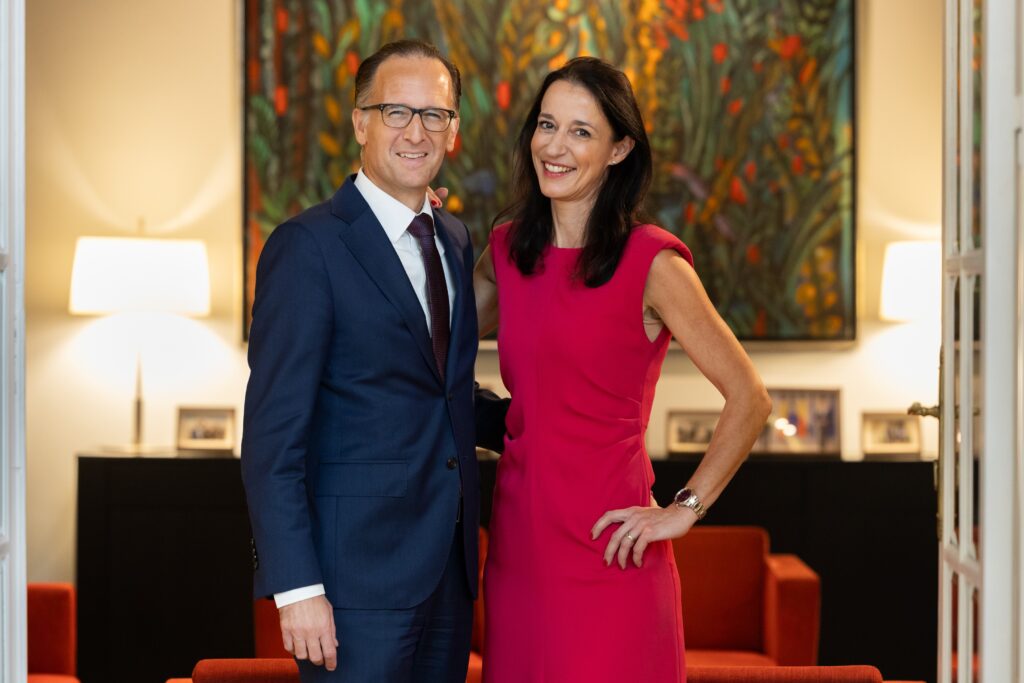
She always gets involved with local NGOs and women networks; she builds networks and friendships wherever they are. ‘I am very grateful for the many fascinating and courageous women I met all over the world. This has inspired me a lot to advocate our “Feminist Foreign Policy” in order to make sure that women and girls have equal rights, representation and resources, because our societies are more successful if we have an equal participation of women and if all groups of society are involved. Strong female networks help in achieving this goal. Therefore, we have founded a Women´s Association, “Frauen@diplo”, in our Federal Foreign Office a few years ago in order to promote gender equality both in our foreign policy but also within our Ministry. Here in Romania, I am amazed about the wonderful and active civil society. We work with many NGOs, agencies and politicians to support gender equality and fight against gender based violence. Raising awareness is so important!’
She is an active and involved woman who often tries to juggle between all the responsibilities she has in everyday life, as diplomat, wife and mother. ‘In general, I think it´s essential that we try to combine both, being posted abroad as a diplomatic spouse but also pursue our own profession, interests or hobbies. I like travelling, try to do sports, but I have to admit that with a full-time job and two children I don´t have so much time for hobbies.’
Sonja speaks modestly about all the activities and the many hats she wears. She encourages all diplomatic partners to find their role, separate from that of their spouses. ‘You certainly have your own role to play and you can contribute to diplomatic relations as yourself, as an individual and not only as the spouse of… I think it´s important to build your own networks when you move to a new posting, get engaged, meet with civil society groups.’
Experience speaks for itself, and Sonja adds at the end: ‘you need to think positive and always try to look at the beautiful and interesting aspects of life, your new host country, the new people you meet, the new adventures that are waiting for you!’
About the author:

Alexandra Paucescu- Author of “Just a Diplomatic Spouse” Romanian, management graduate with a Master in business, cultural diplomacy and international relations studies.
She speaks Romanian, English, French, German and Italian, gives lectures on intercultural communication and is an active NGO volunteer.




